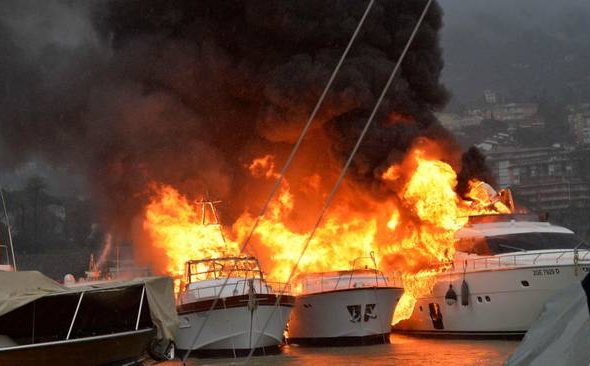 Insurance Special
Insurance Special
Marine Insurance: Clarity to help you choose what’s best
The topic can be complex and there isn’t, at least not in absolute terms, a best policy or company to choose from the outset.
Often, some of our readers write us for advice regarding maritime insurance, for the “best” companies, or the most “effective” cover for their vessels.
Clearly, this topic can be very complex and there is no, at least in absolute terms, best policy or company to choose from the outset.
Excluding, because it is mandatory, public liability, the focus falls on Hull and Machinery cover (H&M) and accessory cover.
The main policy model offered on the Italian market, to cover “maximum”, or “full risk” cover, is based on the concept known as “all risk”.
On the basis of the above model, three different policy levels can be identified:
“Policy C” or Minimal → this is a basic policy and covers only total loss and abandonment as a consequence of any event, except for theft, kidnapping and piracy;
“Policy B” or Reduced → this is intermediate cover. It covers total loss and abandonment following any event; partial damage, instead, is covered in case of fire, explosion, blast, lightning, theft, kidnapping and piracy;
“Policy A” or Maximum → this policy is the maximum and covers total loss and abandonment of the vessel following any event, while, in regards to partial damage insurance, this is given under the following terms:
- Hull damage caused by any event;
- Engine damage (following: fire, stranding, impact, collisions);
- Damage to sails (breakage of the mast, standing rigging, impact and collision with another vessel).
This being said, one must also keep in consideration contractual exclusions, specific clauses in general and, naturally any excess which needs paying.
In addition, there are policy extensions based on the use of the vessel (Lease, Rental, Sailing Regatta) and in specific covers, including:
- Estimated Value;
- Ground Transfer;
- Floods/Inundation;
- War and Vandalism;
- Waiving Compensation;
- Personal Effects;
- Engine Damage;
- Unprotected Waters.
In regards to these last points, it is also important to understand which criteria should be selected in regards to Insurance Value. There are two options: Sale Value or Estimated Value.
In the cases in which Estimated Value is used, the declaration of value contained in the policy is presumed to be equivalent to an estimate, in this case, it is usually assigned to a naval consultant to determine the value of the vessel, through an estimate, evaluating also usage and maintenance.
In this case, the insurance company will have to liquidate the amount equivalent to the estimate made by the consultant in the case of total loss.
It would be redundant to point out that this choice could avoid any future disagreements, in determining the value of the vessel, also allowing to maintain, at an insurance level, a theoretical and constant value of the unit over the years.
In the case in which Sale Value is chosen, in the case of total loss, the value of the vessel will be calculated and evaluated, by the consultant, but based on its value at the time of the accident.
You might also be interested in
 Insurance Special
Insurance Special
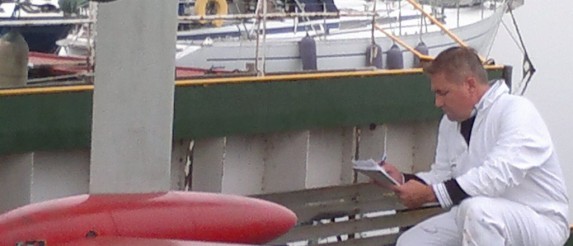 Insurance Special
Insurance Special
Insurance Special – Let’s get clear about the Italian model
Definition of the insured property, limits of use, geographical limits and much more: this is the essential information needed to navigate the world of Italian Insurance Cover
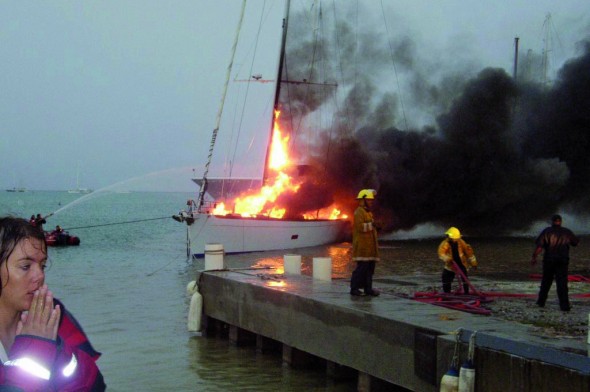 Insurance Special
Insurance Special
Insurance Special – Italian policies, general conditions
We are back with more in insurance, this time the aim is to understand how to choose the right policy level in the Italian system
 Insurance Special
Insurance Special
Insurance, what a rip-off! The experience of an angry reader
One of our readers has written to us to share his experience, during a charter in Croatia. We answer with a brief comment, but the story needs to be read.
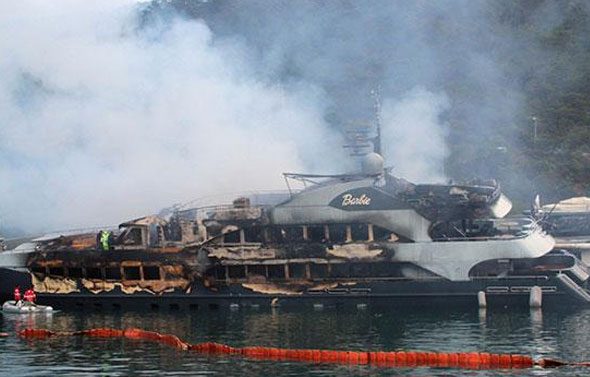 Insurance Special
Insurance Special
Insurance: operator, do you know how to act?
In case of accident, making a claim with insurance companies is not always easy, this is how you can protect yourself with the help of a professional
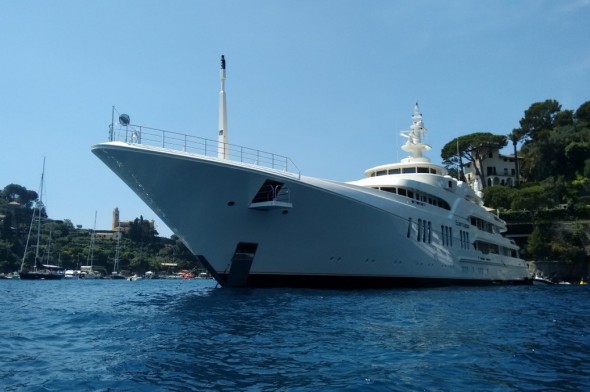 Insurance Special
Insurance Special
Insurance Special: Legal Protection
The need to find insurance cover that is complementary to “traditional” policies is certainly one of the most highly felt needs in the nautical industry. With this special article we talk about legal protection, trying to highlight the advantages, limits and opportunities.



